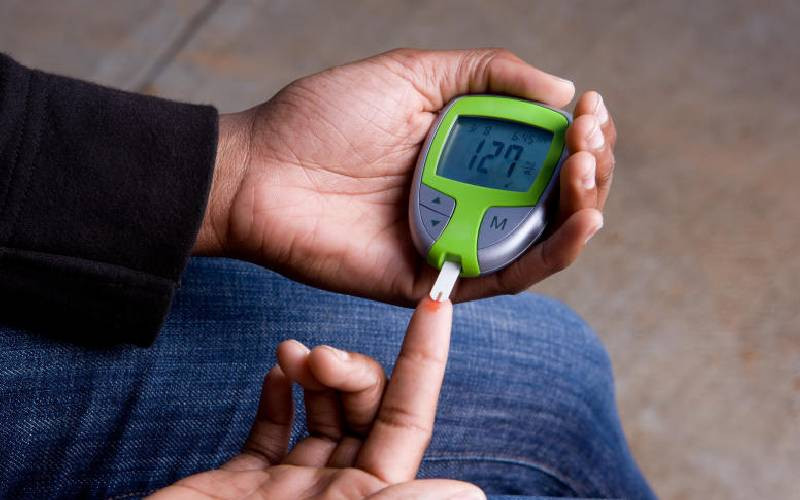
Researchers have found out that people who attempt to cut down nesting of highly processed foods and junk experience some of the physical and physiological symptoms as those who are trying to quit smoking cigarettes and marijuana.
According to researchers from the University of Michigan, junk food is essentially addictive and people who stop eating junk food experience the same sadness, tiredness, irritability, cravings and depression experienced by drug users upon quitting.
A study was conducted among 231 adults within the age of 19-68 and they were asked to record any reaction to the cutting back on the junk food over a year.

According to the researchers, that the addictive qualities of tobacco, drugs and alcohol affect the brain and the same way cutting back on junk can lead to negative side effects which make it difficult to cut down its intake.
Erica Schulte, the study’s lead author, says that anxiety, headaches, irritability and depression are some of the withdrawal signs that comes with trying to quit junk. She also says withdrawal is a key feature of addiction and showing that it may also occur when reducing junk foods.
Consumption provides more support for the hypothesis that highly processed foods may addictive.
The withdrawal symptoms are said to last five days before tapering off, as the first two days are intense just like the pattern of withdrawing drug symptoms.
Ashley Gearhardt, who is a Study co-author and Associate Professor of Psychology, says study implications suggest that withdrawal symptoms could make dietary changes even harder and as a result, contribute to people relapsing and reverting to bad eating habits.

 The Standard Group Plc is a multi-media organization with investments in media
platforms spanning newspaper print
operations, television, radio broadcasting, digital and online services. The
Standard Group is recognized as a
leading multi-media house in Kenya with a key influence in matters of national
and international interest.
The Standard Group Plc is a multi-media organization with investments in media
platforms spanning newspaper print
operations, television, radio broadcasting, digital and online services. The
Standard Group is recognized as a
leading multi-media house in Kenya with a key influence in matters of national
and international interest.










